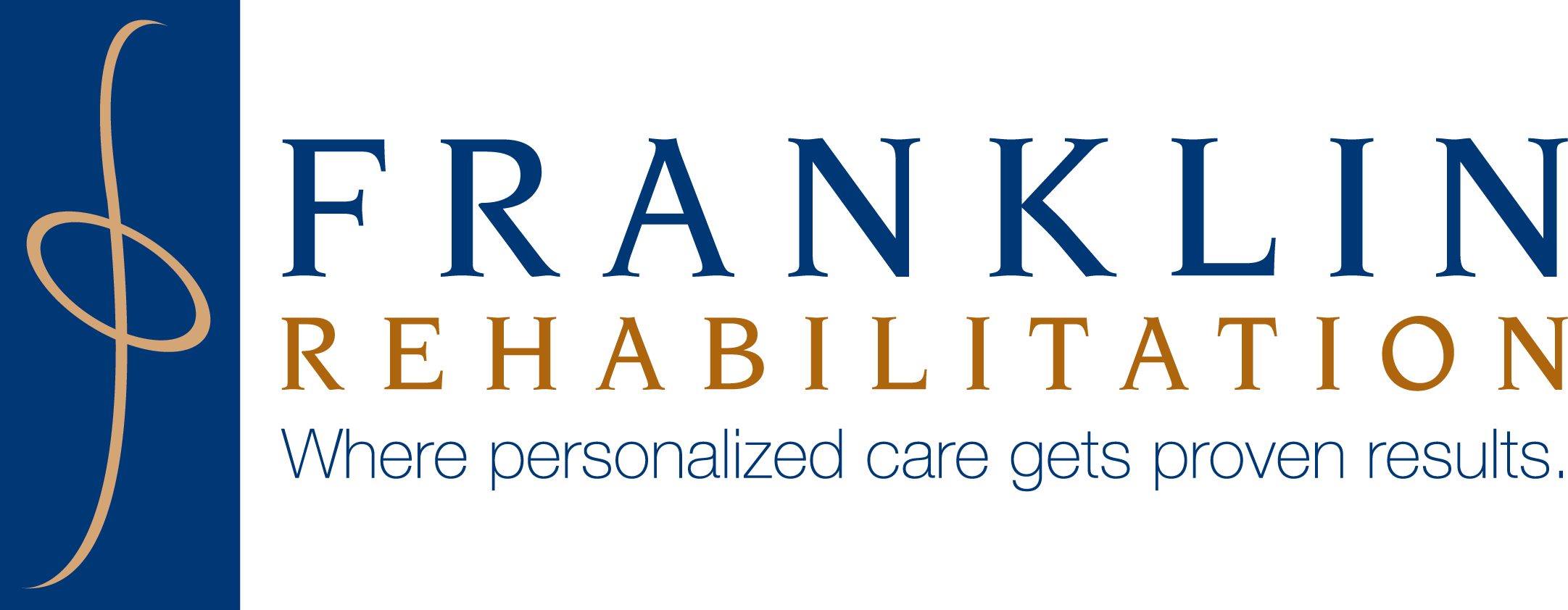Pelvic Pain And Dysfunction

Urinary incontinence is an important health issue that has traditionally not been well managed.
One in four women and one in nine men are affected by urinary incontinence. Ongoing research into core dynamics recognizes the pelvic floor as an important component of core retraining, and yet, accurate assessment and treatment techniques of the pelvic floor are lacking in clinical practice. Physical therapists need to go beyond teaching externally driven Kegels in order to effectively rehabilitate the pelvic floor.
Many people experience pelvic pain and dysfunction that severely affect their quality of life. Our physical therapist can evaluate and treat the following pelvic pain conditions: vulvodynia, vaginismus, vestibulodynia, painful bladder syndrome, chronic non-bacterial prostatitis and chronic pelvic pain syndrome.
What is pelvic rehab therapy?
Pelvic rehabilitation is a type of physical therapy that can be very helpful for postpartum moms.
Pregnancy and childbirth can damage the muscles and connective tissue of the pelvic floor, causing all kinds of inconvenient and uncomfortable symptoms for women after they give birth. When the pelvic floor muscles are tight or weak, they can cause annoying symptoms or even pain. A pelvic floor physical therapist (PT) can evaluate these muscles and determine whether they contribute to your symptoms. The PT can work to release trigger points – areas where the tissues are stuck together rather than sliding easily against each other. PTs also teach you to do exercises at home.
Why didn’t my doctor know about pelvic rehab?
Unfortunately, many doctors are not yet educated about physical therapy for pelvic floor problems. Other countries, such as France, Great Britain, Denmark, and Australia, are way ahead of the United States in this area. In France, pelvic and abdominal rehabilitation is routine for all women after they give birth, and the government even pays for it. Some ob-gyn practices now have pelvic floor therapy programs in their offices. And some medical schools offer a subspecialty known as urogynecology, which is devoted to treating complex pelvic issues.
